
How to Prepare for CLAT exam
The Common Law Admission Test (CLAT) is a nationwide entrance examination conducted for admission into the 19 National Law Universities (NLUs) across the country (NLU Delhi has its own entrance examination, the AILET). It is one of the nation’s most competitive examinations, with over 60,000 students competing for around 2,000 seats. That being said, it can be cracked by a combination of hard and smart work. Here’s how you can do it.
CLAT Syllabus
CLAT is a 200 mark, 2-hour examination. It has five sections – General Knowledge, English, Quantitative Reasoning, Logical Reasoning, and Legal Aptitude.
General Knowledge – 50 Marks
This can be either the easiest or the most difficult section of the paper, depending upon your level of preparation. The focus is generally on current affairs, with the topics ranging from treaties, appointments, polity, sports, awards, major births and deaths, scientific discoveries and the like. There are also questions related to static GK, like countries and capitals, geography, history, basic science and the like. This is the make-or-break section of the paper.
English – 40 Marks
This section usually consists of questions based on reading comprehension, vocabulary and basic grammar. This section has the potential of being highly time-consuming, so it is imperative to be selective about the questions one attempts.
Quantitative Reasoning (Mathematics) – 20 marks
Questions in this section come under three basic heads- Arithmetic (Time, Speed and Distance, Time and Work, etc.), Algebra and Basic Geometry (Properties of basic shapes, basic theorems). This section is not hard per se, so the key is speed. So, there are two important things to keep in mind: one, practice a lot, and two, do not feel compelled to try multiple times during the examination in order to arrive at the correct answer.
Logical Reasoning – 40 Marks
This is often one of the most scoring sections in CLAT, with sufficient practice. The questions are usually based on Puzzles, Seating Arrangement, Logical Sequences, Number Test, Verbal Reasoning, Family/ Blood Relation, Ranking & Order, Coding Decoding and the like.
Legal Aptitude – 50 Marks
For this section, candidates are expected to know the basics of Torts, Contracts, Criminal Law, Family Law, International Law, and the Indian Constitution. With practice, this can also be a high-scoring area, and is especially important as it is the first section used as a tie-breaker.
How to prepare for CLAT from 11th:
As the saying goes, the early bird catches the worm. Staring CLAT preparation in 11th has the capability to put one far ahead of the competition. Two years is plenty of time, but that should not lead to complacency in preparation.
The first year must be used to lay the groundwork. It must be used to learn new concepts, shortcuts and improve reading speed. At this time, one should also cultivate the habit of reading newspapers. Newspaper reading, aside from helping one keep abreast with news, will also help improve reading speed and vocabulary. Making brief notes of the day’s events will serve as a memory tool and a place to revise from in the later months. The first year is also an ideal time to focus on static GK. Aspirants must also solve sample papers regularly in order to assess their strengths and weaknesses, and work on their problem areas.
The second year should focus on practice and self-assessment. Along with keeping up-to-date with general knowledge and practicing questions, regular revision of all previously learnt concepts is crucial. Most GK questions in CLAT tend to come from the year leading to the exam, so April – April/May is a time period one must be thorough with.
Aspirants must aim to solve at least one practice paper a week. At this time, one must discover their most effective test-taking strategy by adopting different methods and seeing which works best. Also, it is not sufficient to merely take mock tests, it is equally crucial to analyse them in detail.
The last month is the most crucial in that any complacency at this time can ruin two years of sincere effort. The last month should mainly be devoted to revision (especially GK), fine-tuning and solving papers. Aspirants must aim to do at least one paper every day (solve another only if analysis of the first one is complete). The last week should be devoted mainly to revision and finalizing test-day tactics. The most important thing is to keep calm, for if you have worked sincerely for almost two years, merely keeping a cool head on the exam day will get you through.
How to prepare for CLAT in one year:
This piece is written assuming that you are preparing for CLAT along with 12th grade. The first step is to not panic about the fact that others might have been preparing for a year now. One year is the optimal time period to prepare for CLAT, but will require focused effort.
One must begin learning concepts and keeping up-to-date with GK. It is also imperative to solve at least one mock test every week, do not wait to finish the “syllabus”, that might not happen for a while.
It might seem difficult to juggle both school and CLAT preparation, especially since we have been psyched to fear the 12th board exams, but it is important to pay attention to both. With a well-planned time-table, both and more can be handled.
One must try to cover all concepts by the end of December as January is when there is a tendency to focus more on board-exam preparation. Even then, one must continue reading newspapers (and taking regular mock tests for as long as possible).
The last month is the most crucial in that any complacency at this time can ruin two years of sincere effort. However, it is important to stay calm not overwork oneself. This time should be used to fine-tune techniques and at least one mock test must be done and analysed every day. As the exam nears, one must perfect their efficiency and their exam-taking strategy. Cramming as the exam nears must be avoided at all costs.
How to prepare for CLAT in 6 months:
Six months, though not very long, is still a reasonable length of time to prepare for CLAT. You will have to cover GK from at least the previous six months, so it is probably a good idea to use compendiums for those months, as there might not be enough time to read newspapers. Also, you will have to work hard and devote a chunk of time towards learning concepts and shortcuts, and practicing and perfecting them. Solving and analyzing mock tests on a regular basis is absolutely essential.
As the exam nears, one must increase the time spent on revision and the frequency of the mock tests.
How to prepare for CLAT in 3 months:
Begin by solving questions from books and modules in order to familiarise yourself with the types of questions asked in the exam. This will help narrow down what has to be studied. For general knowledge, one can begin going through monthly/weekly compendiums, since reading newspapers will be very time consuming at this juncture. Simultaneously start taking mocks, and gradually increase their frequency.
The last month can make a huge difference. This time should be used to revise, fine-tune tech and perfect your test-taking strategy.
How to prepare for CLAT in one month:
One month is not a lot of time to prepare for CLAT, so you will have to give it your all.The key is, however, not just to work hard, but also to work smart.
The first step will be to go through previous year papers in order to find out which areas questions are most-asked from. Then, focus on learning concepts and techniques related to those areas, since it is better to know the major concepts thoroughly as opposed to knowing all in a cursory fashion. Similarly, for GK, it might not be possible to cover everything from the past year, so one must mainly try and cover important topics, and deal with ancillary stuff if there is time later.And regardless of how much of the syllabus has been covered, it is important to attempt and analyse at least one mock test every day.
Since time is short, it is important to work on and exploit one’s strengths, instead of working very hard to grasp hard-to-learn new concepts.
If you stay calm and work smartly and sincerely for the entirety of the month, then you stand a very good chance of clearing the exam.


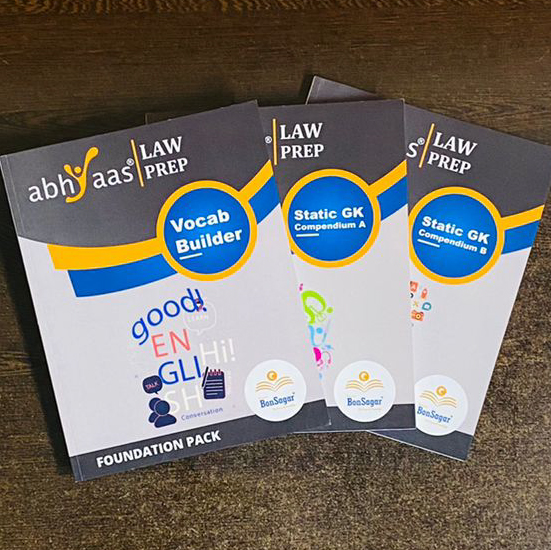

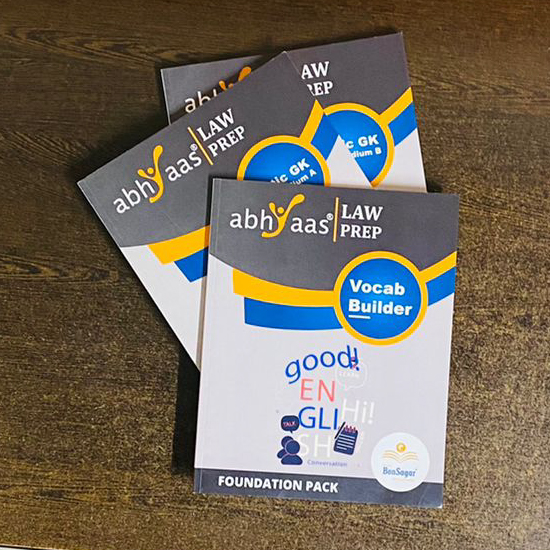
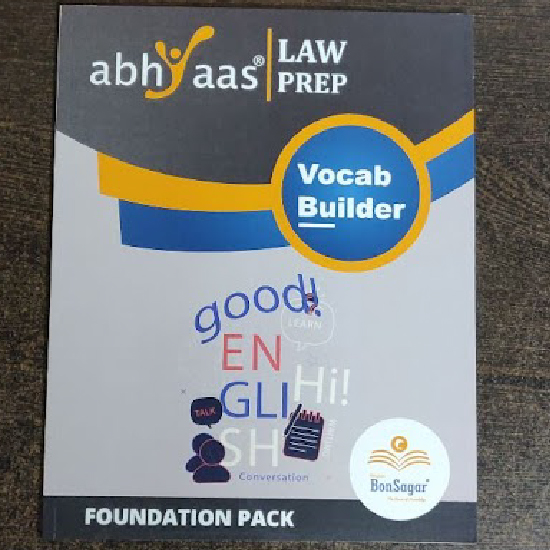
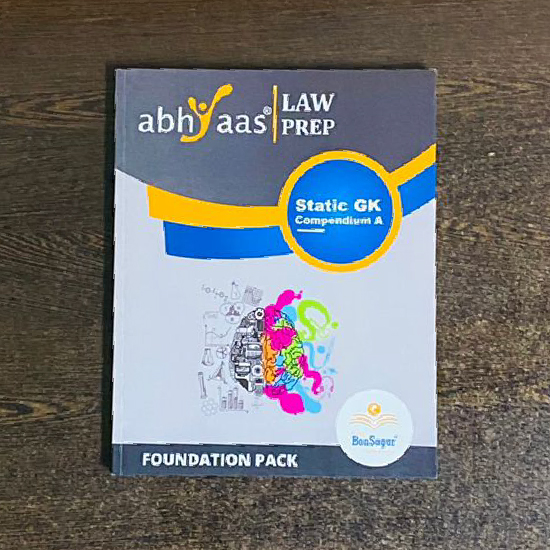
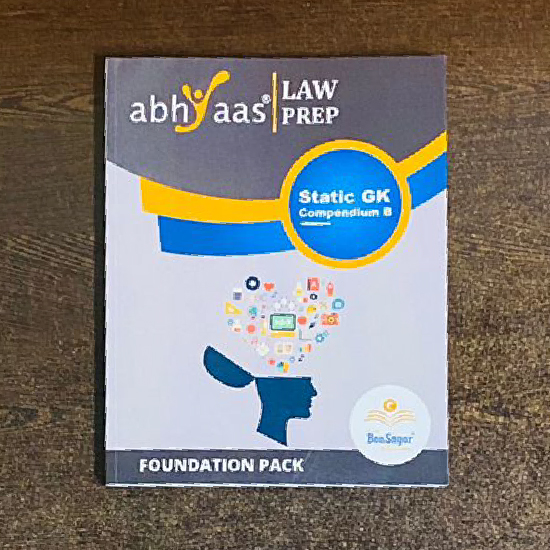
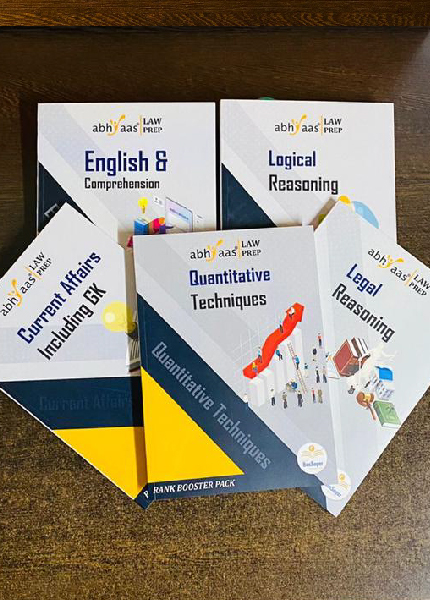
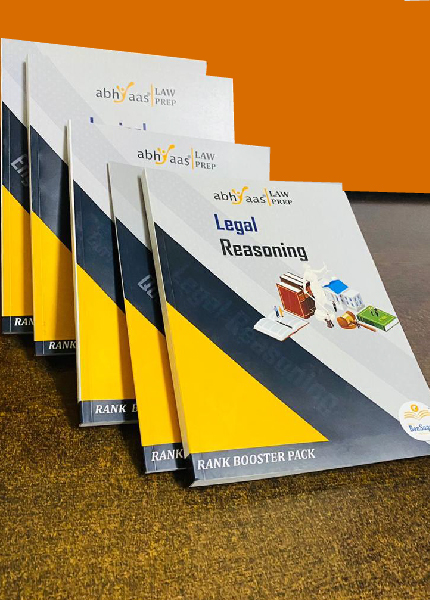
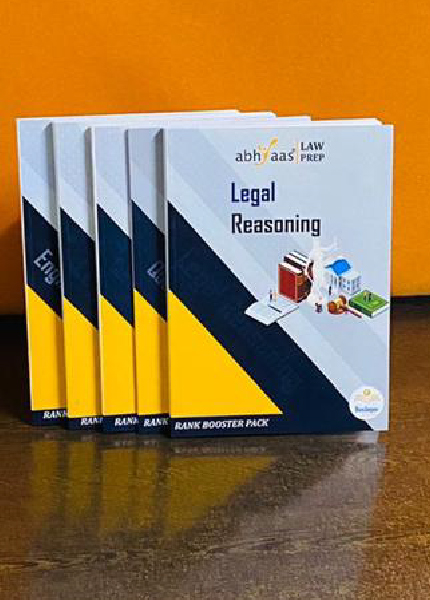

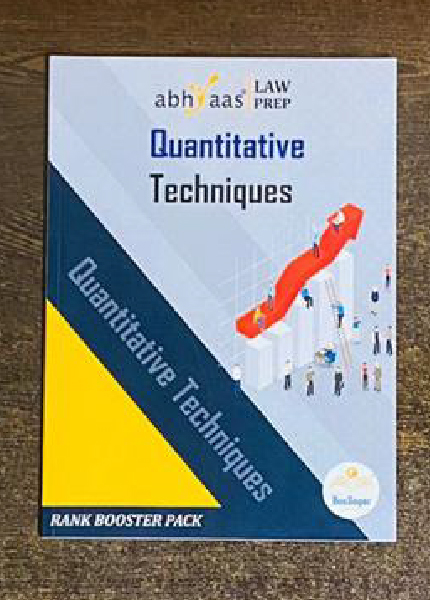
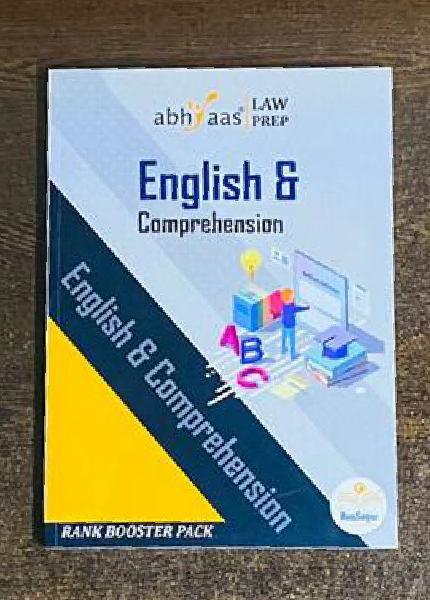

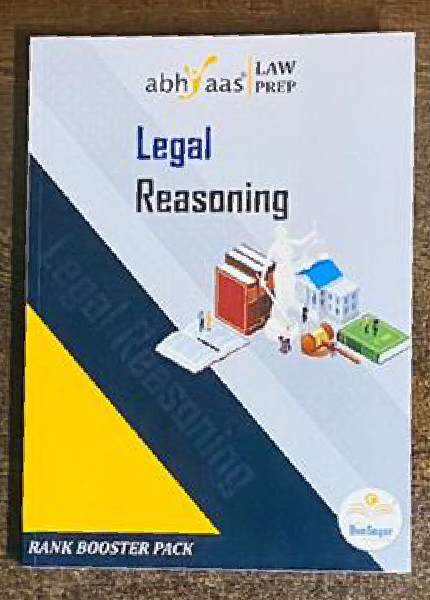
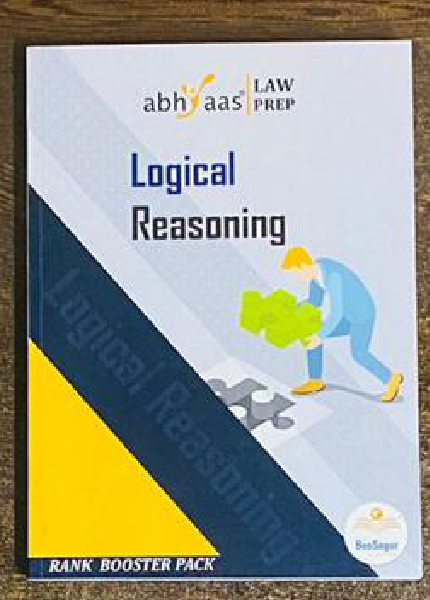

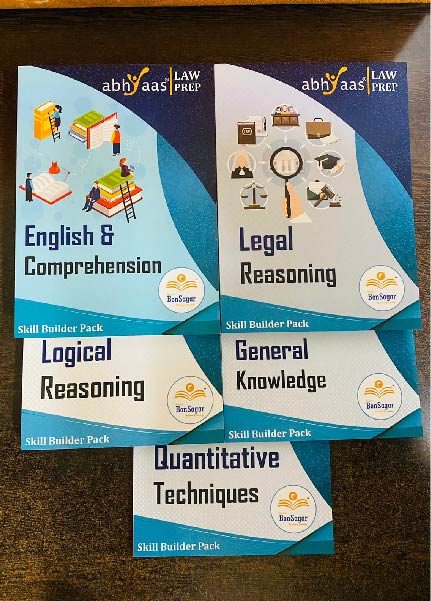
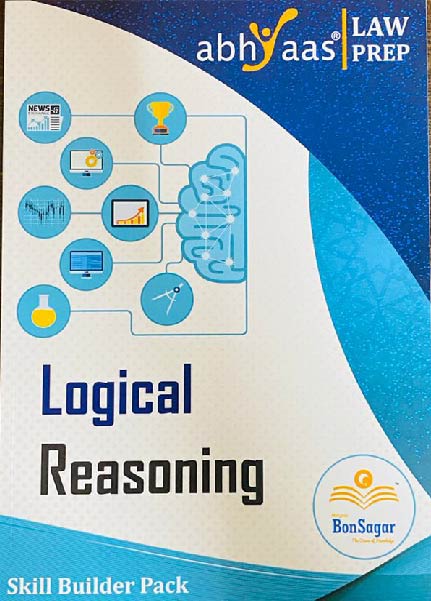
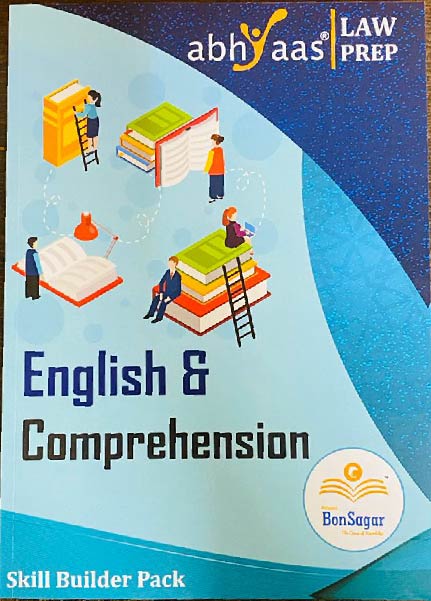

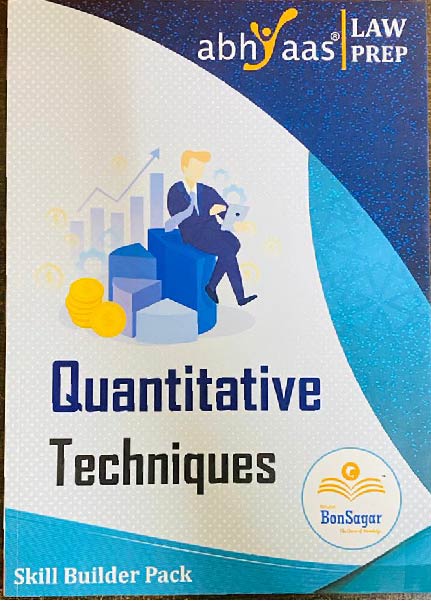
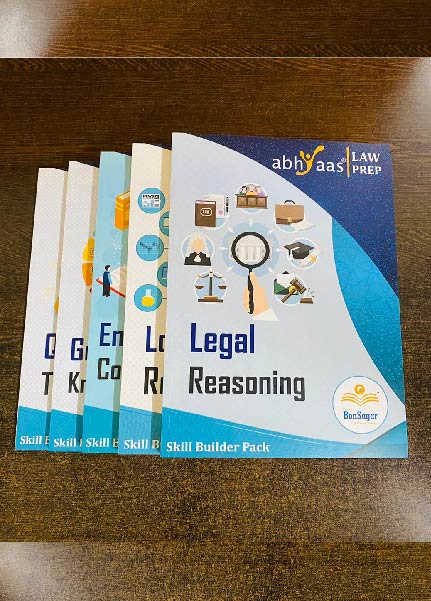
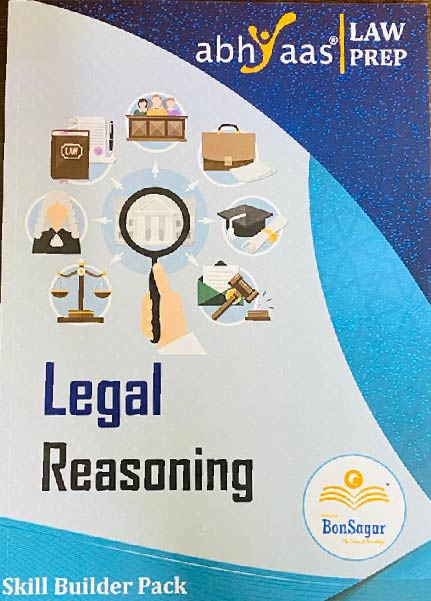

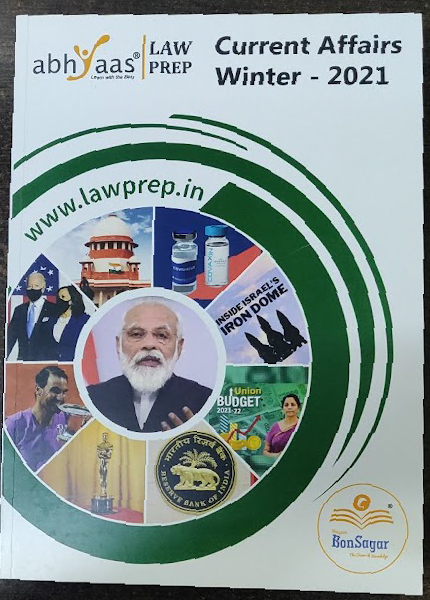


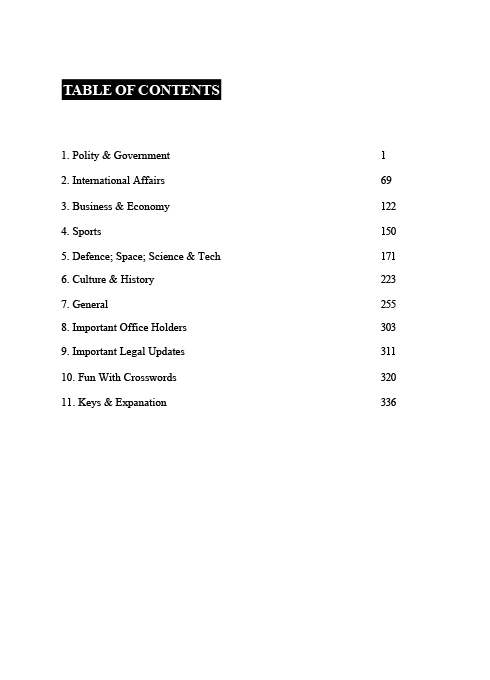
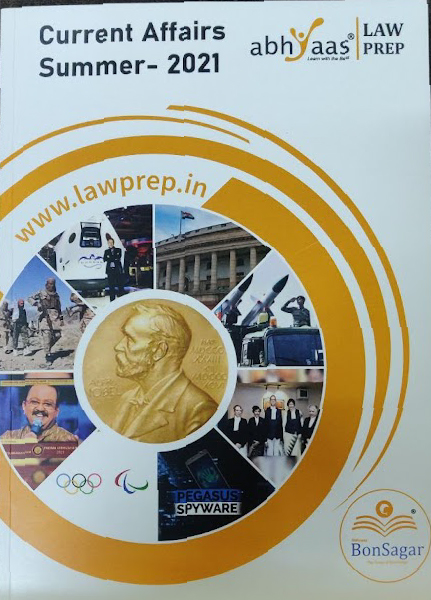

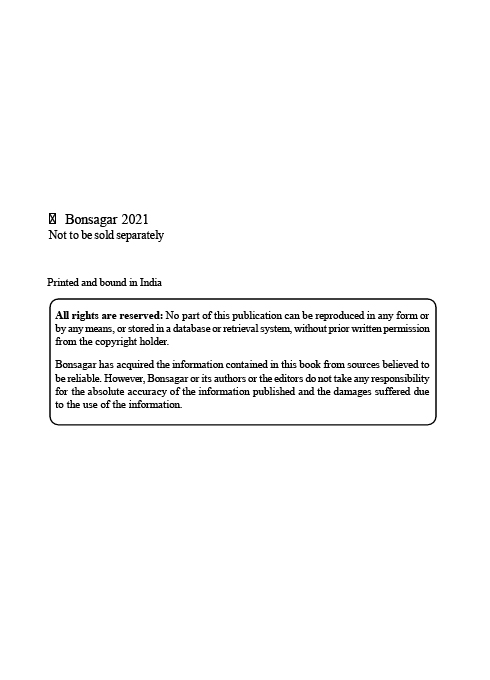
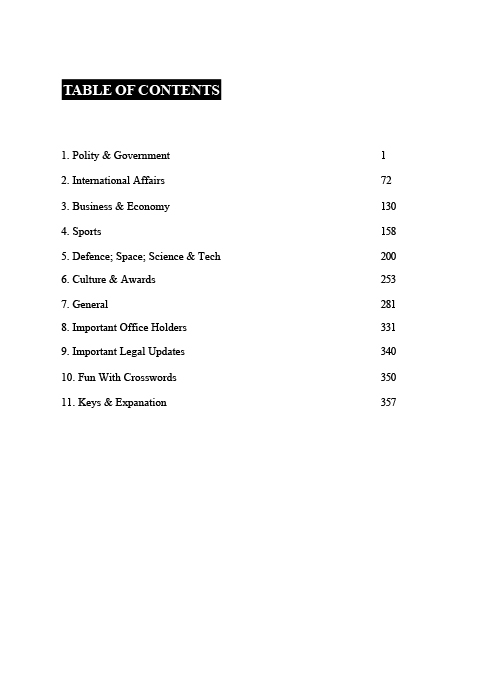
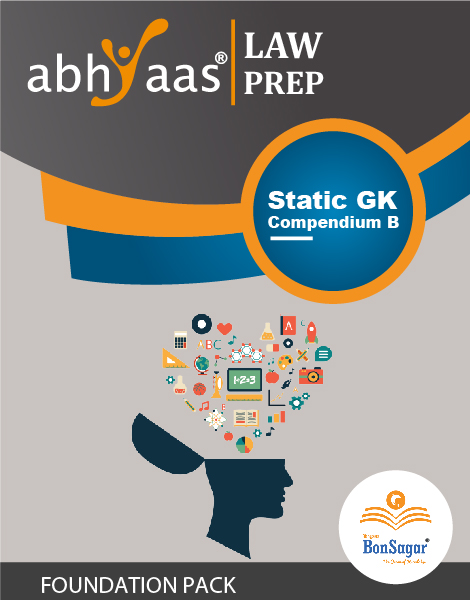
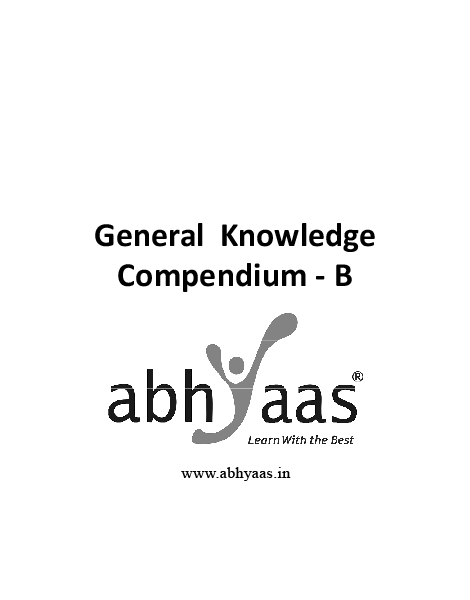
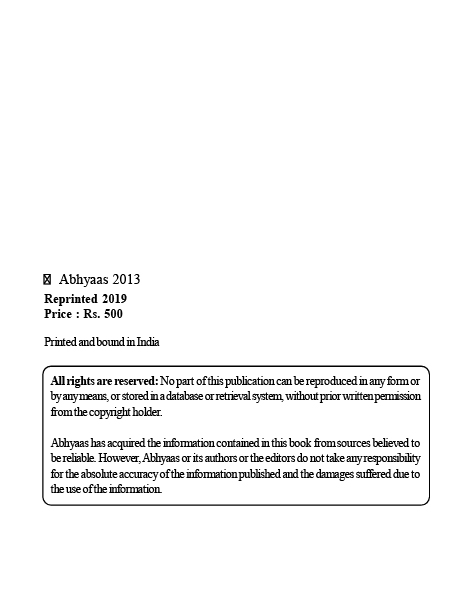

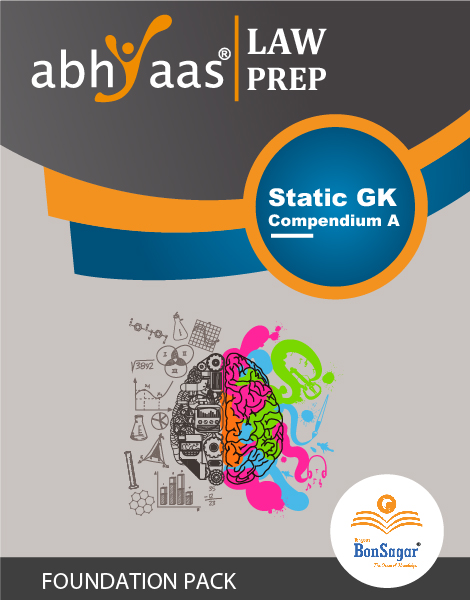

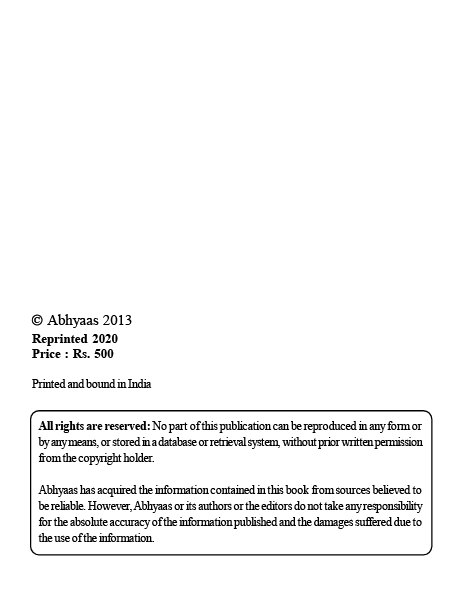

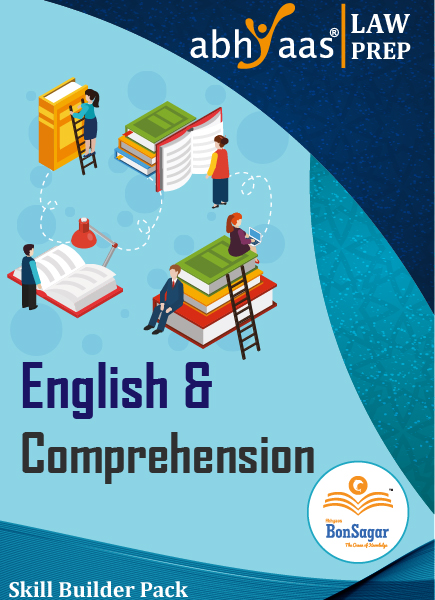

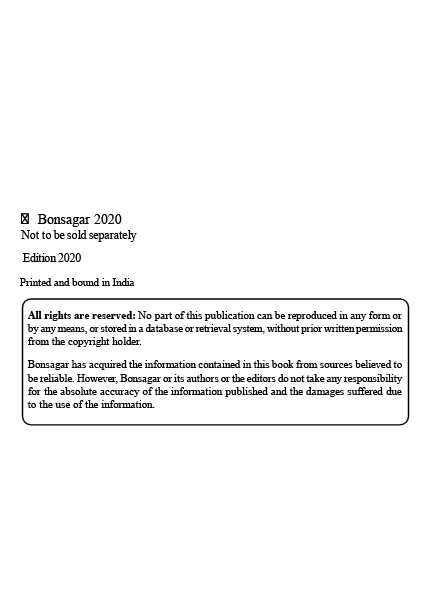
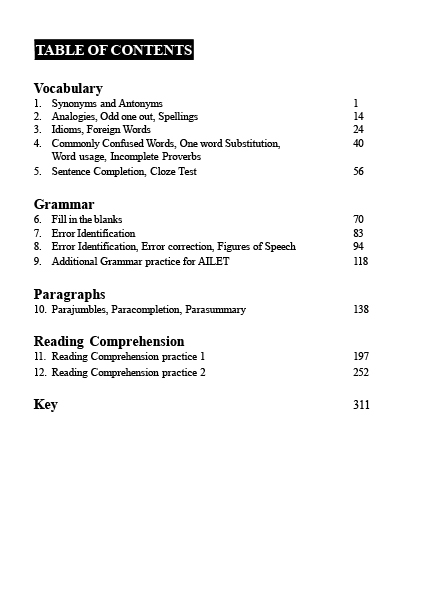



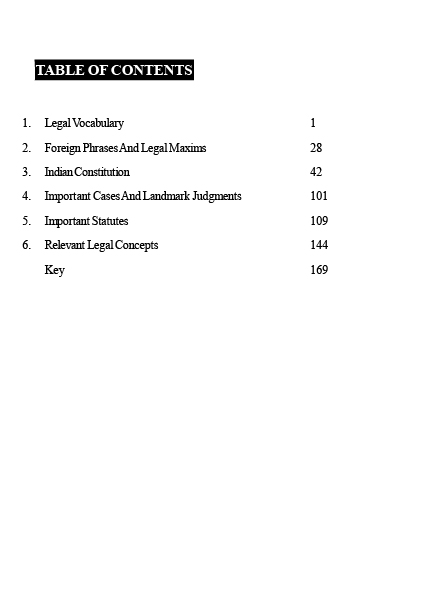
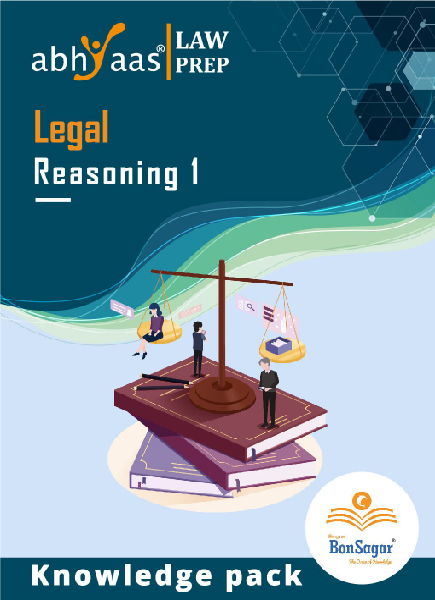
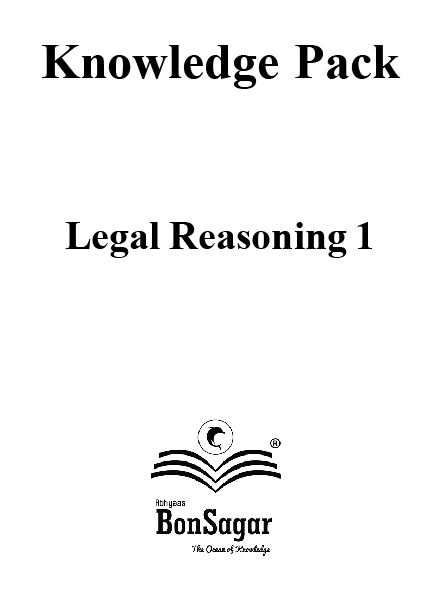
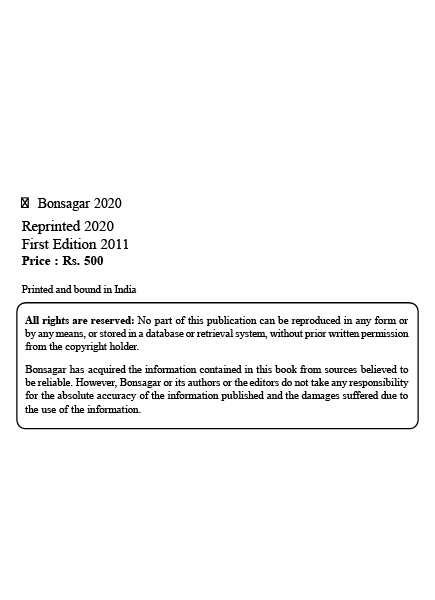
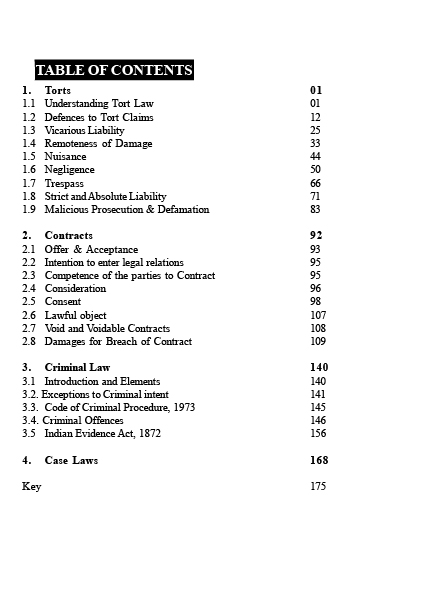
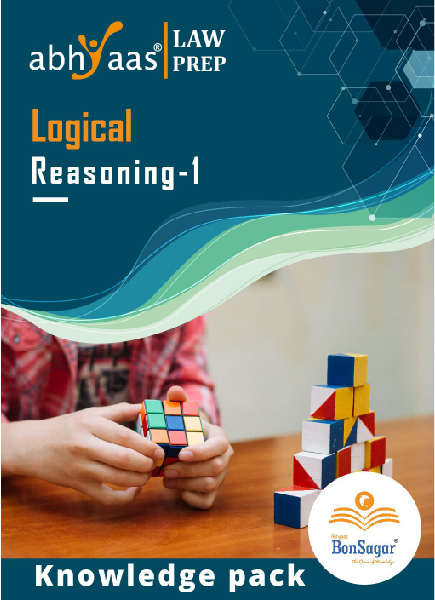
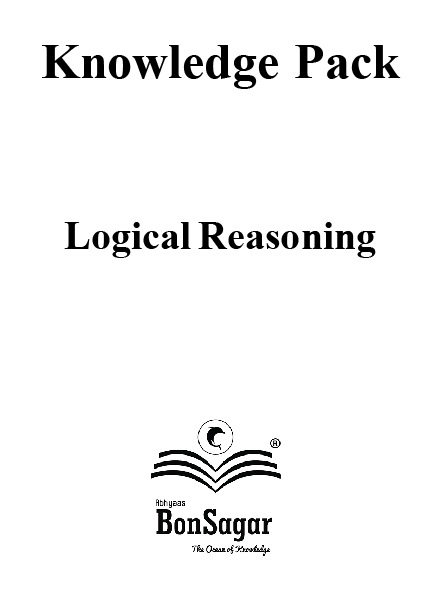
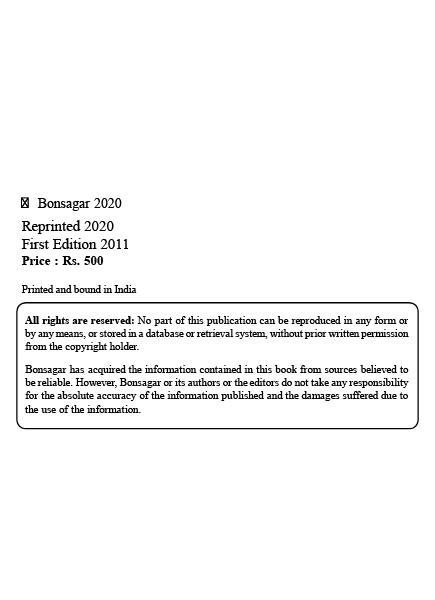

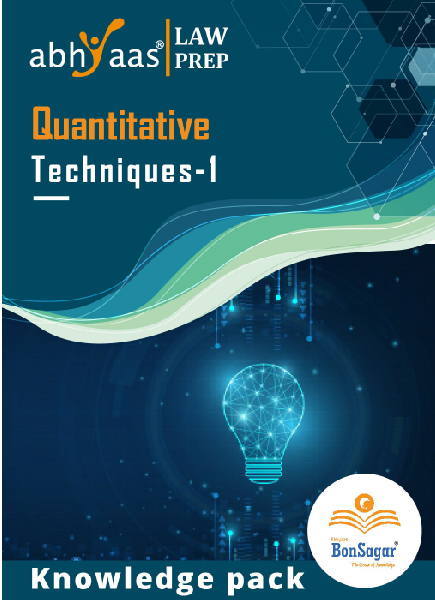

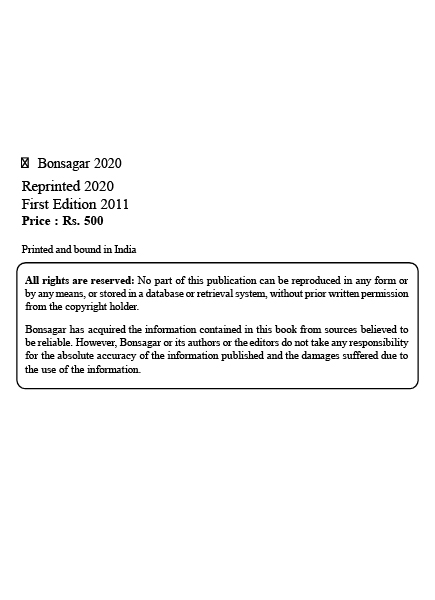
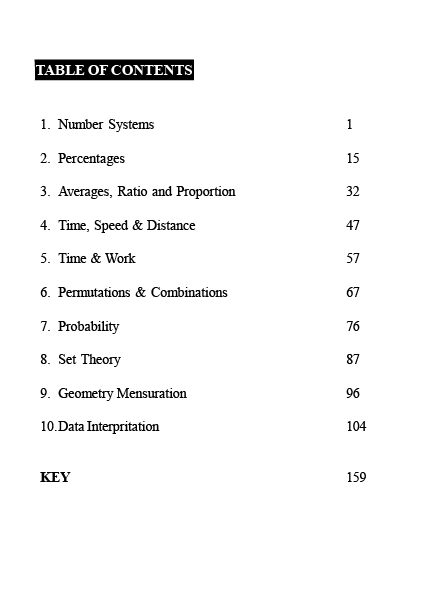


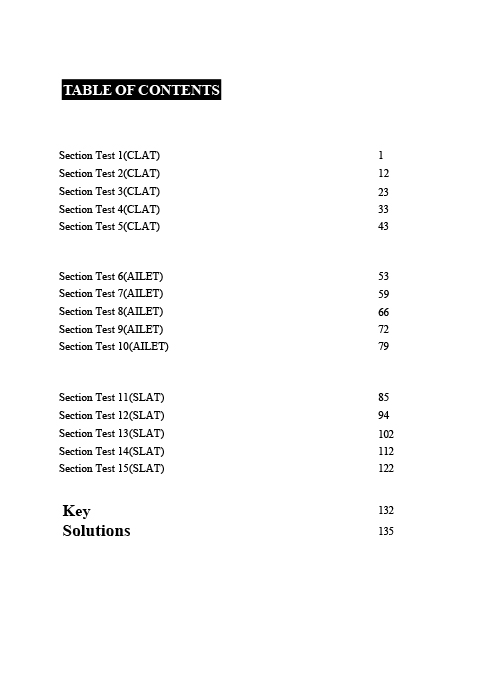
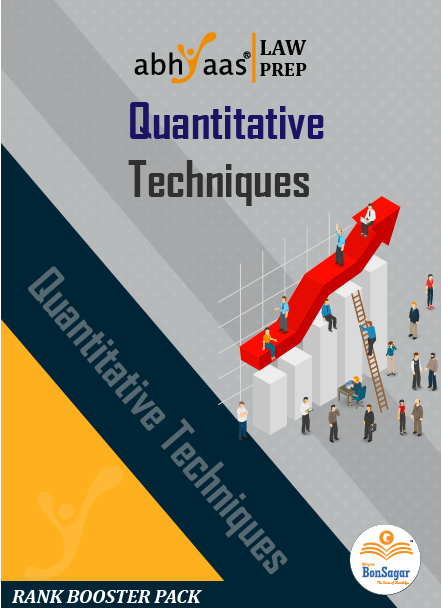

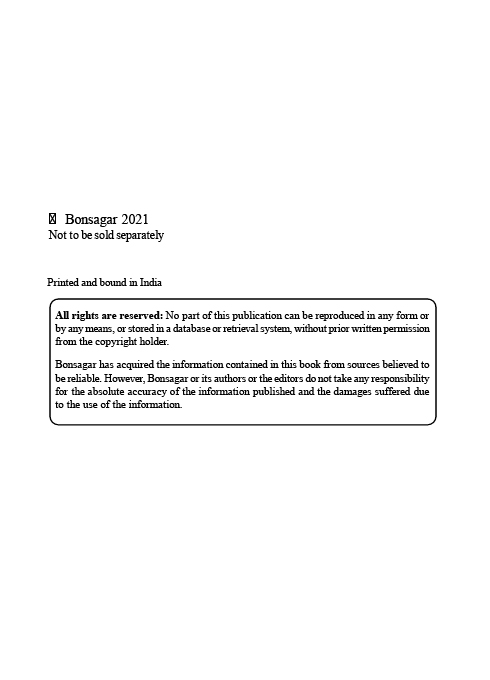
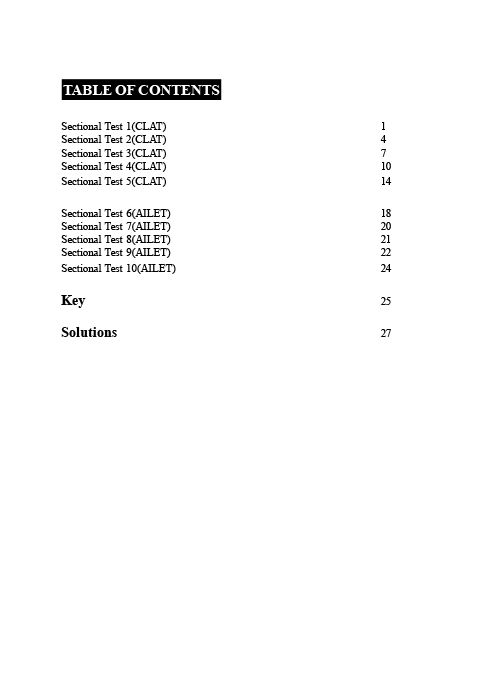

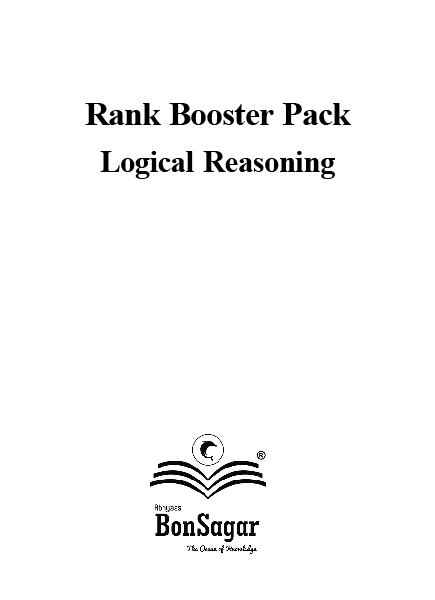
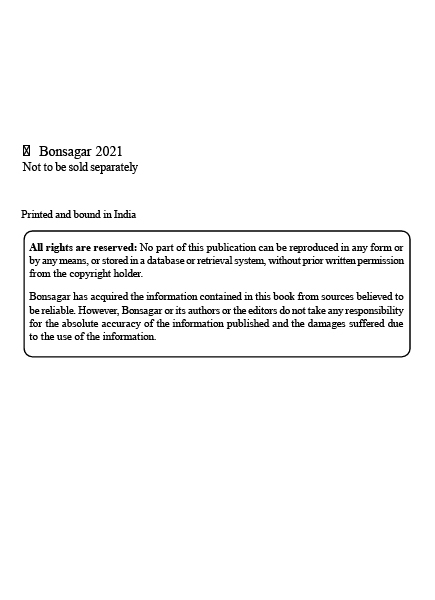
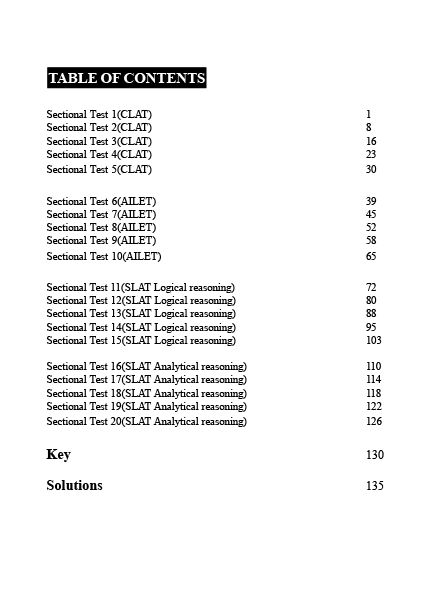
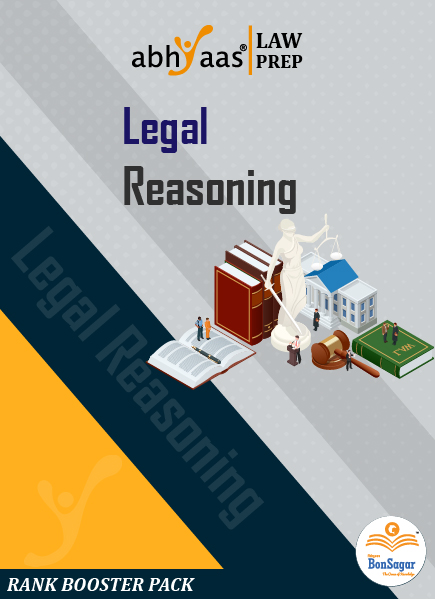
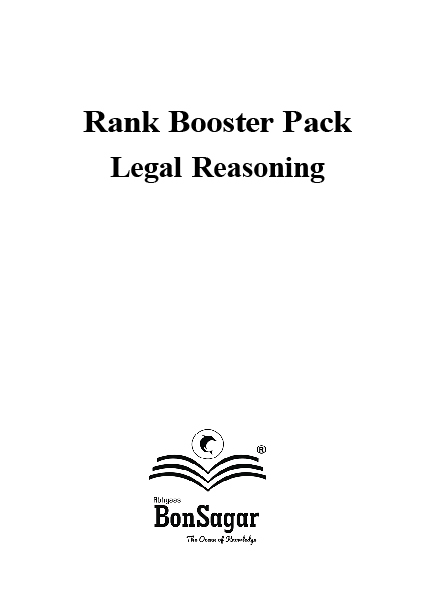
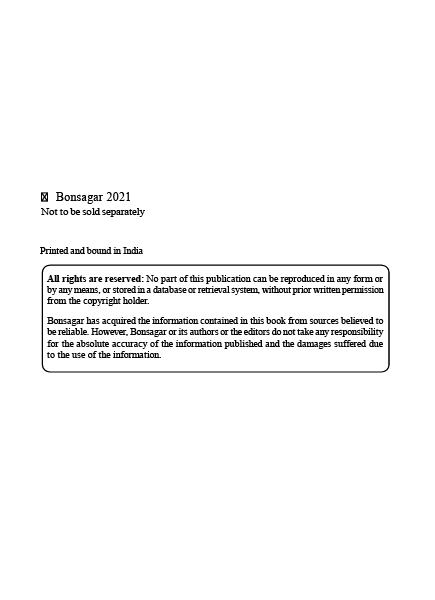
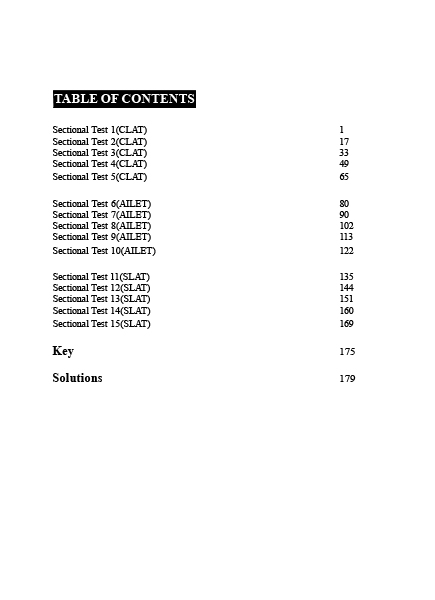


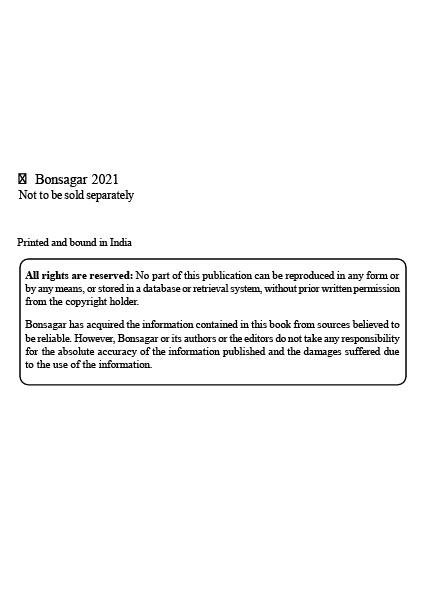
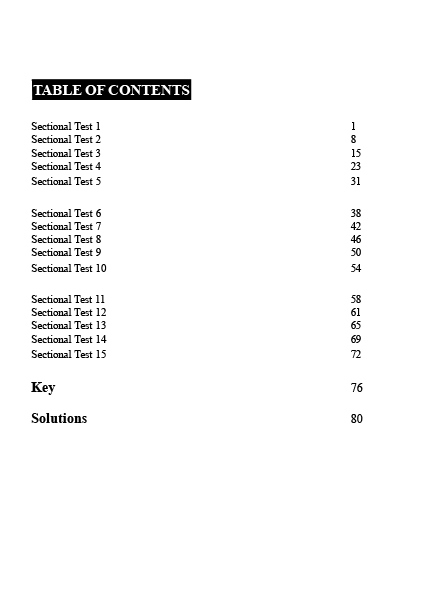
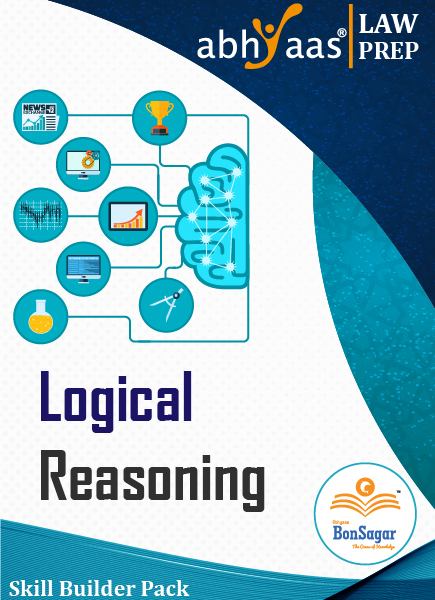
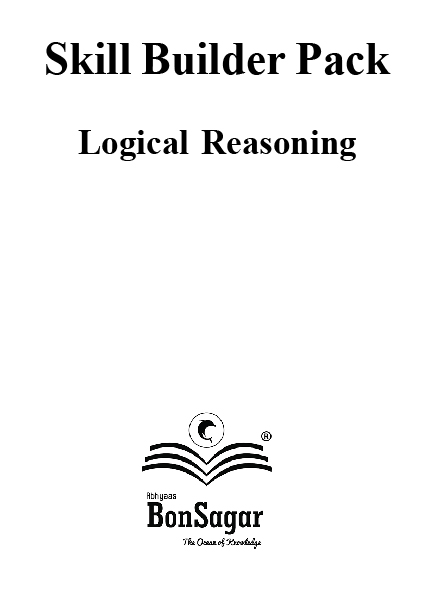
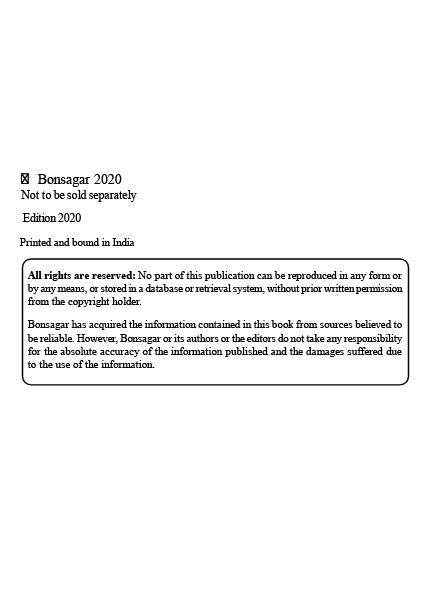

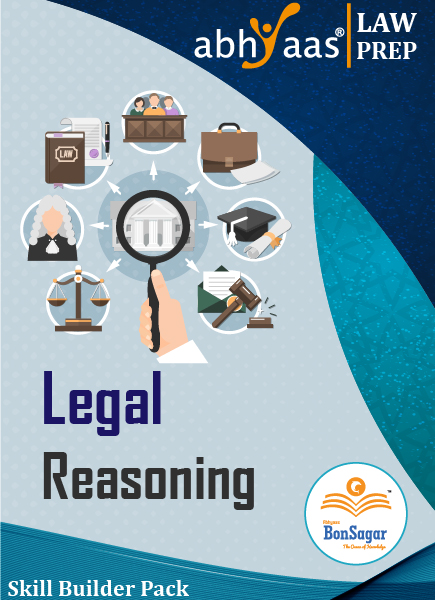
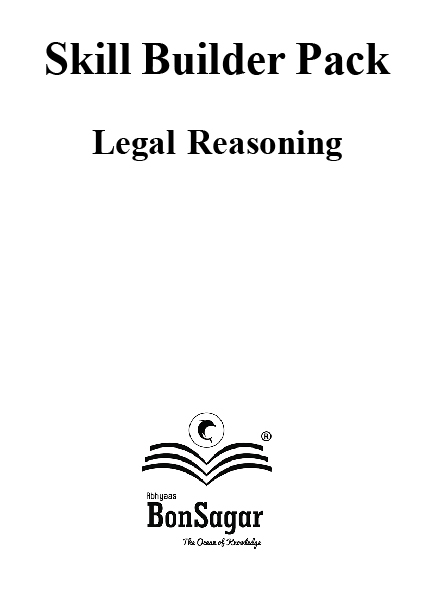
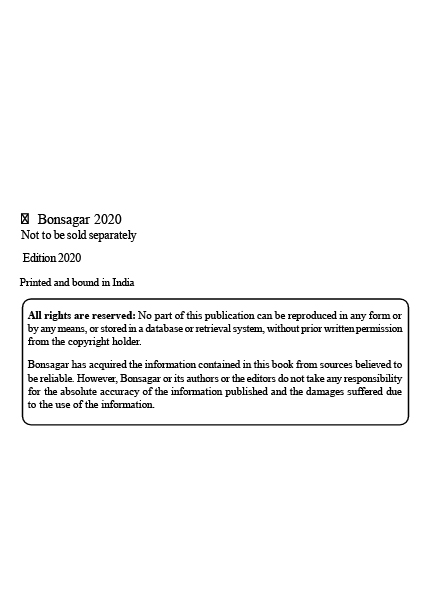
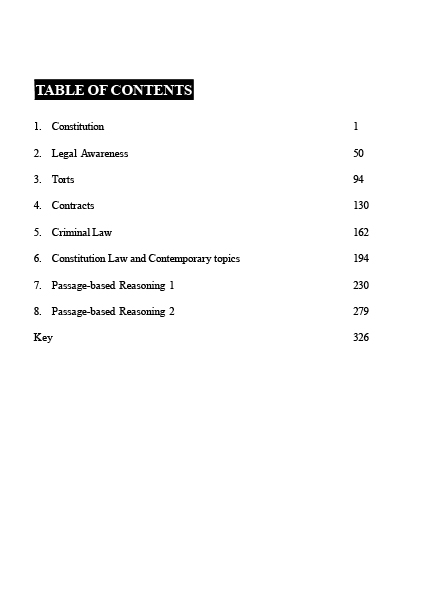
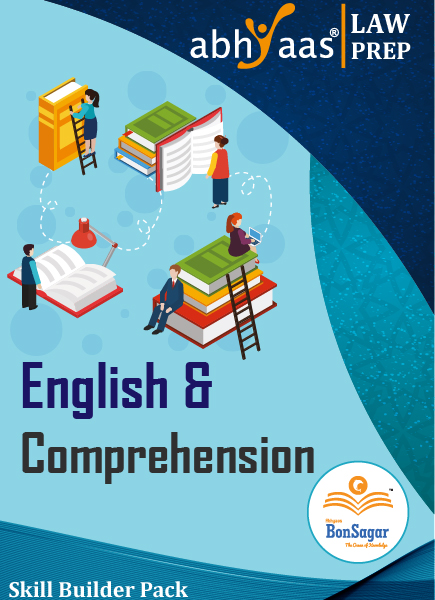
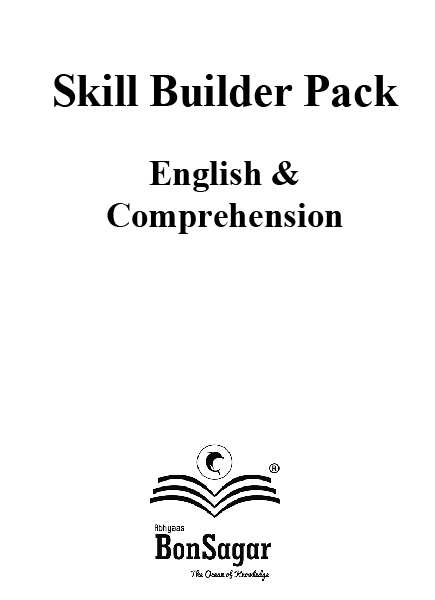
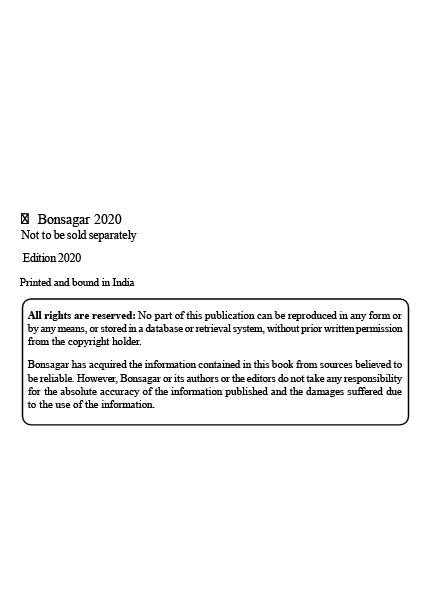
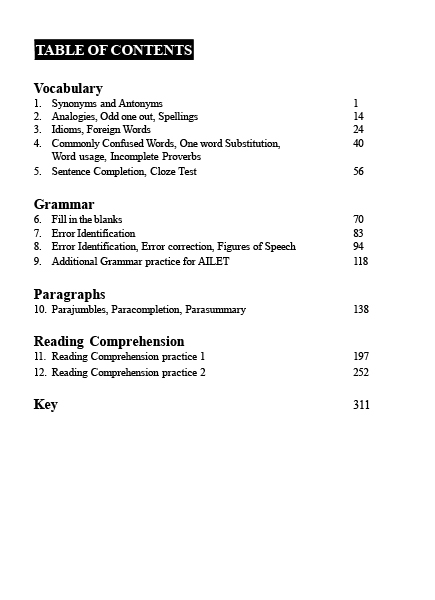
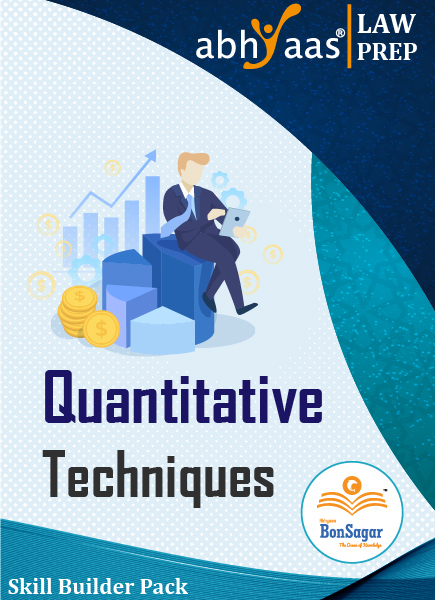
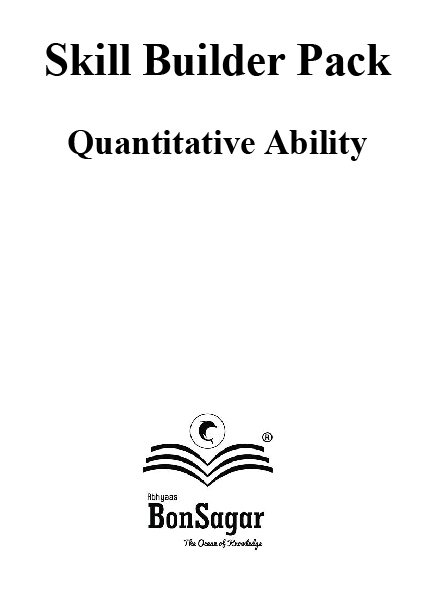
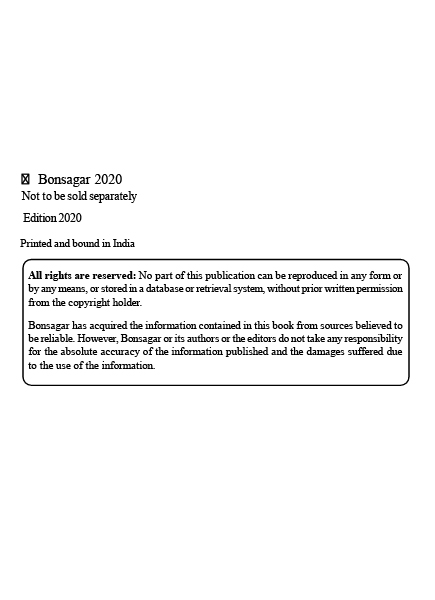
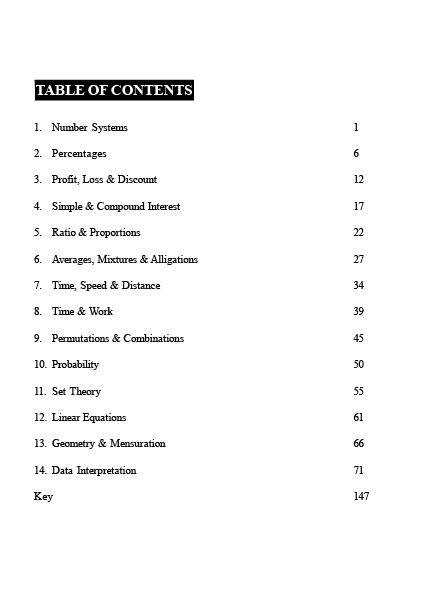

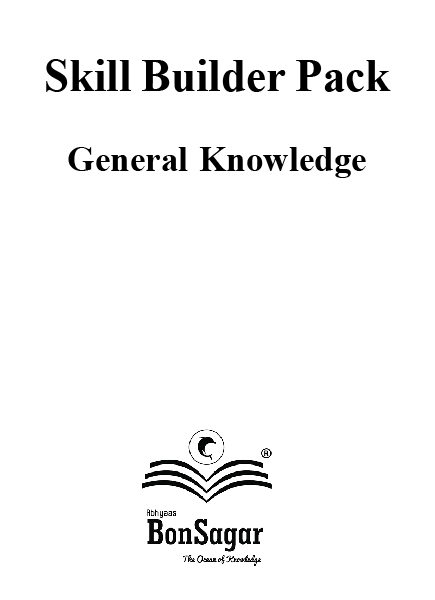
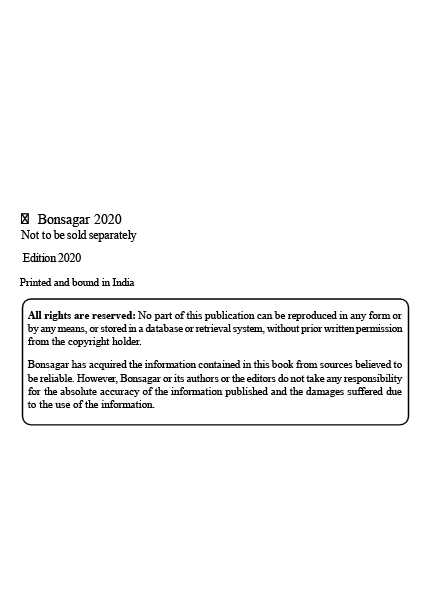
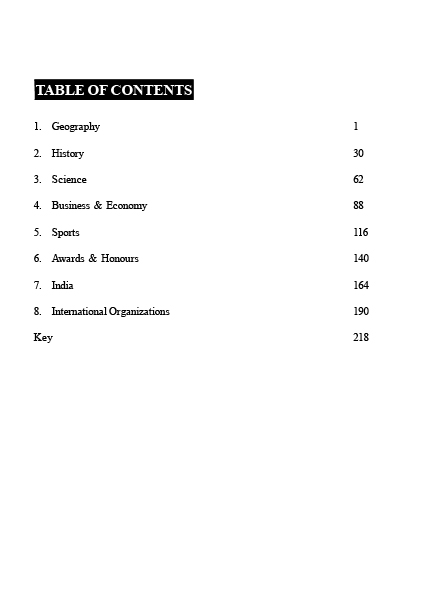

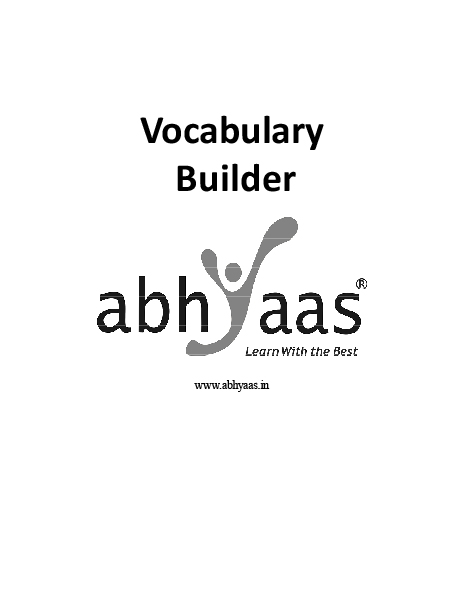
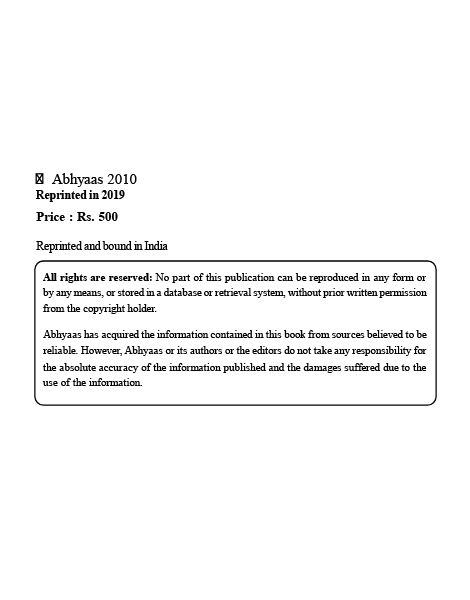


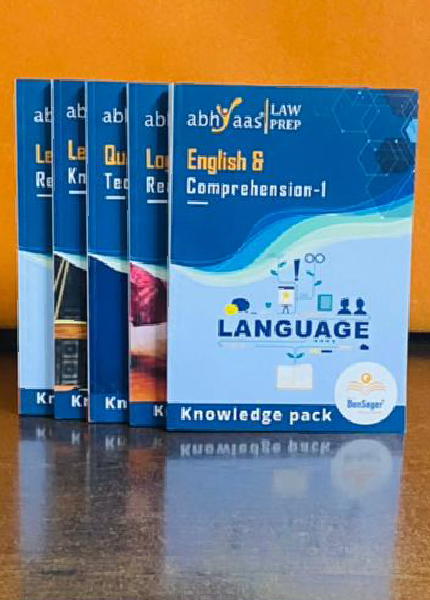

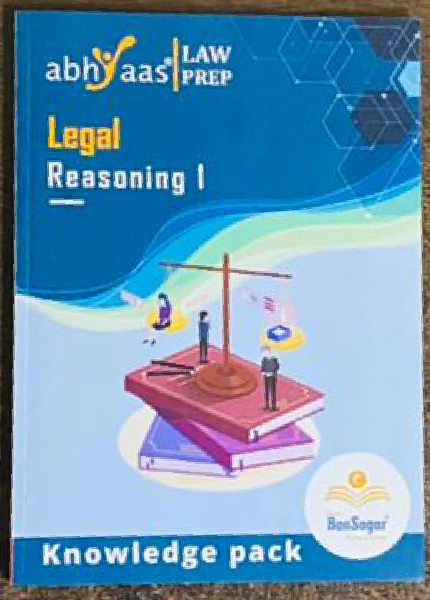
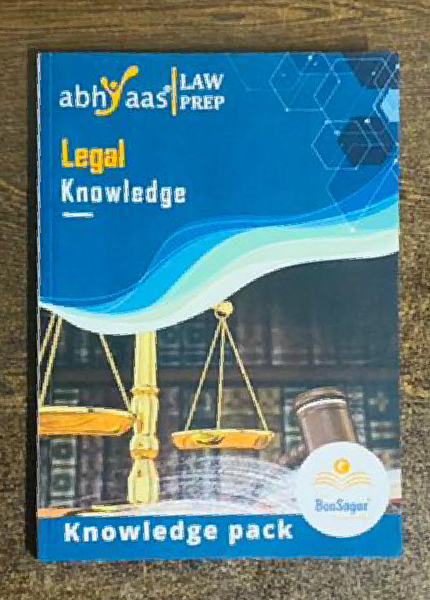
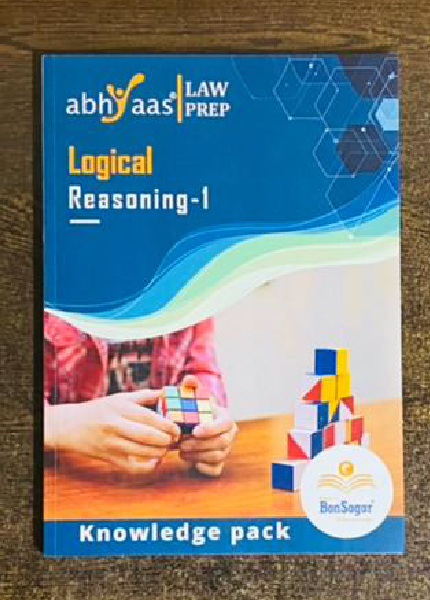

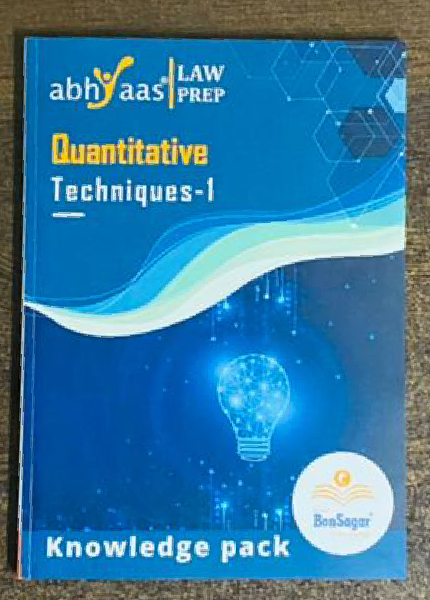
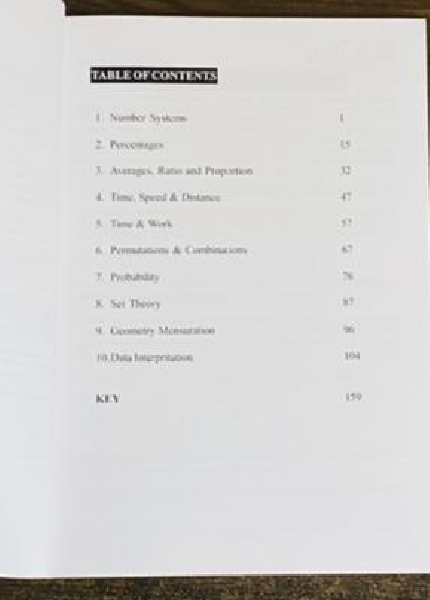
Saurav
June 14, 2019Thanks for sharing tips and strategies. You have covered month wise preparation which will be beneficial for the students to prepare for the exam according to months. Keep sharing this types of articles.